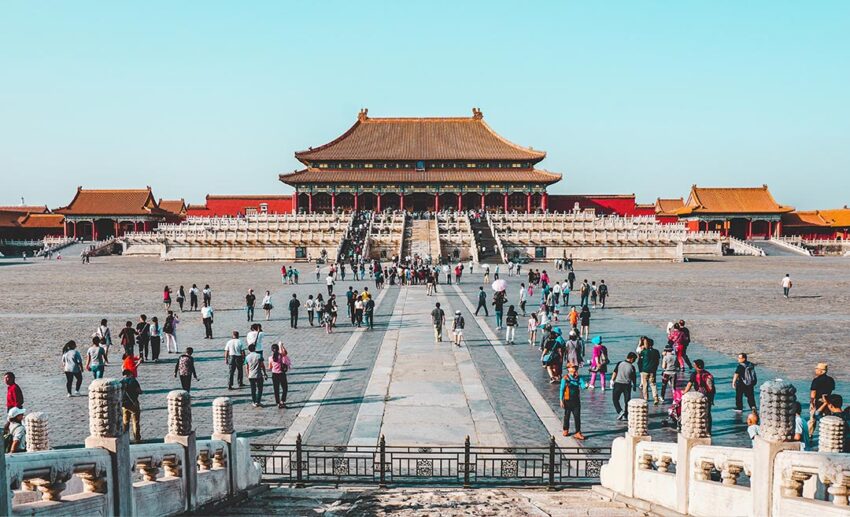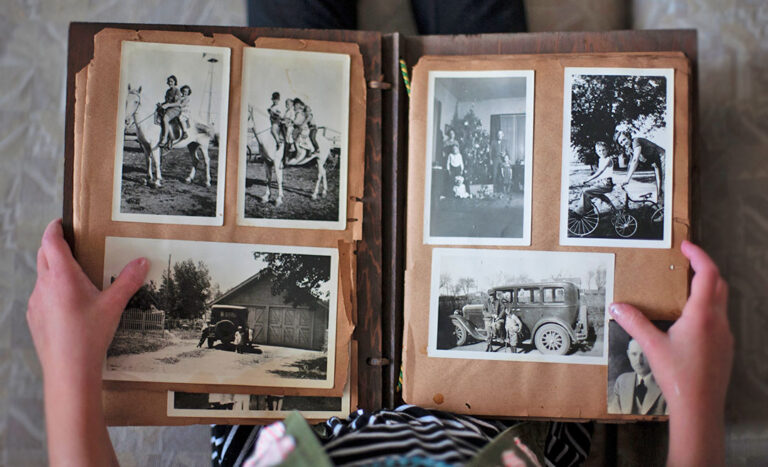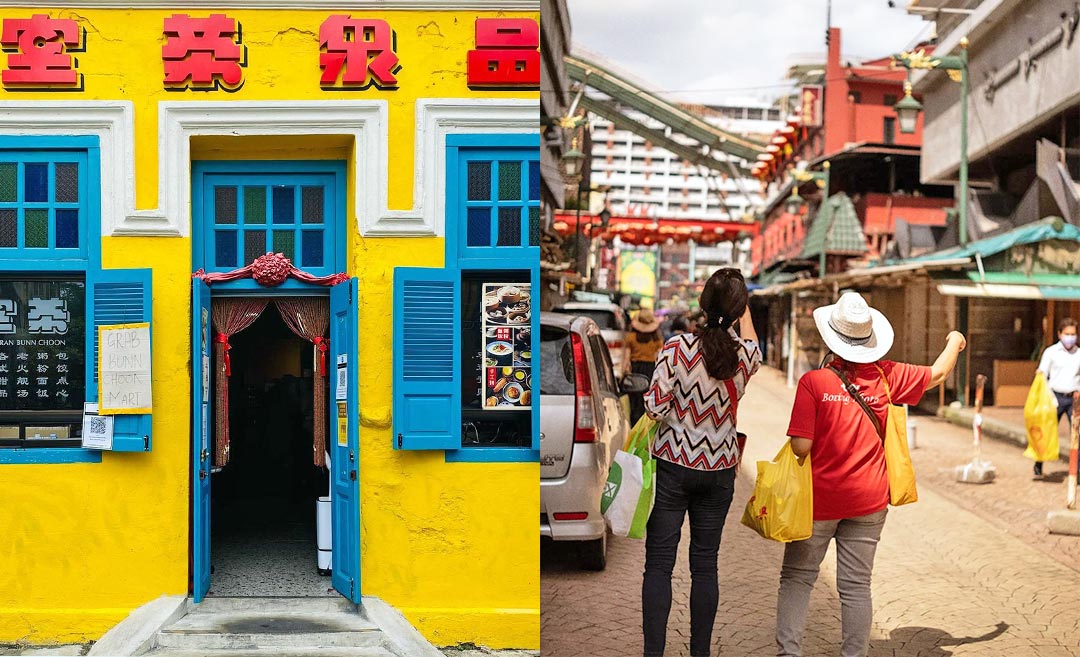If you were given the chance to travel to your ancestors’ homeland, would you take it? While that answer is unique to each individual, a growing interest in ancestry and genealogy travel makes it entirely possible. For many of us, travelling back to our ancestors’ home country brings about mixed emotions, concerns, and fears.
Your feelings are valid, but we offer you a suggestion as you read the rest of this article; ancestry travel can be overwhelming or, in some cases, underwhelming — it might not have as great of an impact as you hoped, so keep an open mind. Give yourself a chance to meet it with fresh eyes, and you might just learn that there is much more to you than you realise.
1. Learn about your family’s history & heritage

Having family living in your ancestors’ country gives you the unique opportunity to learn their history right from the source. Though it is quite self-explanatory, we often skip over the chance to ask questions, visit places, and understand our heritage.
This is especially true when you’re a few generations removed from where your ancestors once lived. The other option is to search through public genealogy records if they are available to you or have a DNA test done with companies like 23andMe, MyHeritage, and AncestryDNA. Malaysians can have an ancestry DNA test done legally at several reputable healthcare centres — a quick Google search will aid you in finding one that suits your needs.
Booking a tour with an ancestry travel company is a great way to plan a trip. An ancestry travel agent can help you discover your family’s history and form a travel plan that is both informative and memorable.
2. Reconnect with lost relations

Reconnecting with lost or estranged family members is a personal choice and should be a decision made thoughtfully. It is normal to feel a little out of place in a country that should be familiar to you if you have family that once lived there, so there is no obligation to search for close relations while travelling.
However, if a part of you longs to know, don’t be afraid to explore that. Who knows, you might just find yourself a kindred spirit or discover a sense of belonging in a foreign place that feels like home.
3. Discover your cultural identity

Being a second or third-generation citizen of a country comes with its own set of challenges. You grow up adopting that country’s language, culture, and practices, and can still feel lost, overlooked, or underrepresented. One benefit of ancestry travel is that it allows you to rediscover your cultural identity that’s been lost, and you can do it on your own terms.
Whether you choose to implement certain traditions back into your life or simply want to understand a part of yourself for self-discovery, there is no wrong way to approach it. As long as you remain respectful, gracious, and keep a listening ear, the experience can be enlightening. In many ways, it gives you a sense of pride, knowing you come from rich history, art, and traditions.
4. A chance to reconcile racial and cultural trauma and shame

Living as an immigrant or children of immigrant parents or grandparents has its struggles, and we are more aware of it now than ever. Racial and cultural bias affect many from a very young age and can force us to do anything to adapt to a place, abandoning who we are in hopes of being accepted.
It isn’t true of everyone, but a cruel few would like you to believe that your background, race, and skin colour is something to be ashamed of. Going on a heritage trip isn’t going to miraculously solve these social issues or the racial trauma you face, but it can be a breath of fresh air.
If anything, it may help you make peace with yourself — with who you are, what you look like, how you speak, what you eat, how you dress, and the things that capture your interests. And that it’s okay if they’re different from your peers.
5. Understand that you are part of a greater picture

Here’s the ugly truth: History isn’t always picture-perfect. Don’t be discouraged if you learn something about your past that doesn’t make for a pretty story you can gleefully tell your friends. Keeping an open mind means accepting the past for what it was, learning the lesson from it, and moving forward in a manner you can be proud of.
There are generations of real people with real struggles and real joy that came before us, and all of it led us to where we are right now. Making room to discover your heritage helps you see that we are all deeply connected to one another.
6. Leave a legacy for your children

Learning where you come from gives you an opportunity to pass down traditions, recipes, stories, and family values to the next generation. That goes further than you think.
Wealth and education are good and necessary investments to make in our children, but teaching them to value and protect their lineage builds a strong sense of self-worth, and respect for others and our differences.
7. It gives you something to be grateful for

Viewing things as an outsider can sometimes create more meaningful interactions. You are more open to trying new things, talking to strangers, asking questions, and learning about the customs and lifestyles of others. You build a greater appreciation for those who came before you and the sacrifices they made so you can live the life you now have.
It doesn’t matter if taking a trip like this is life-changing or not. It’s hard to deny that we have a lot to be grateful for when we take a step back and realise how each of us uniquely belong where we are.



